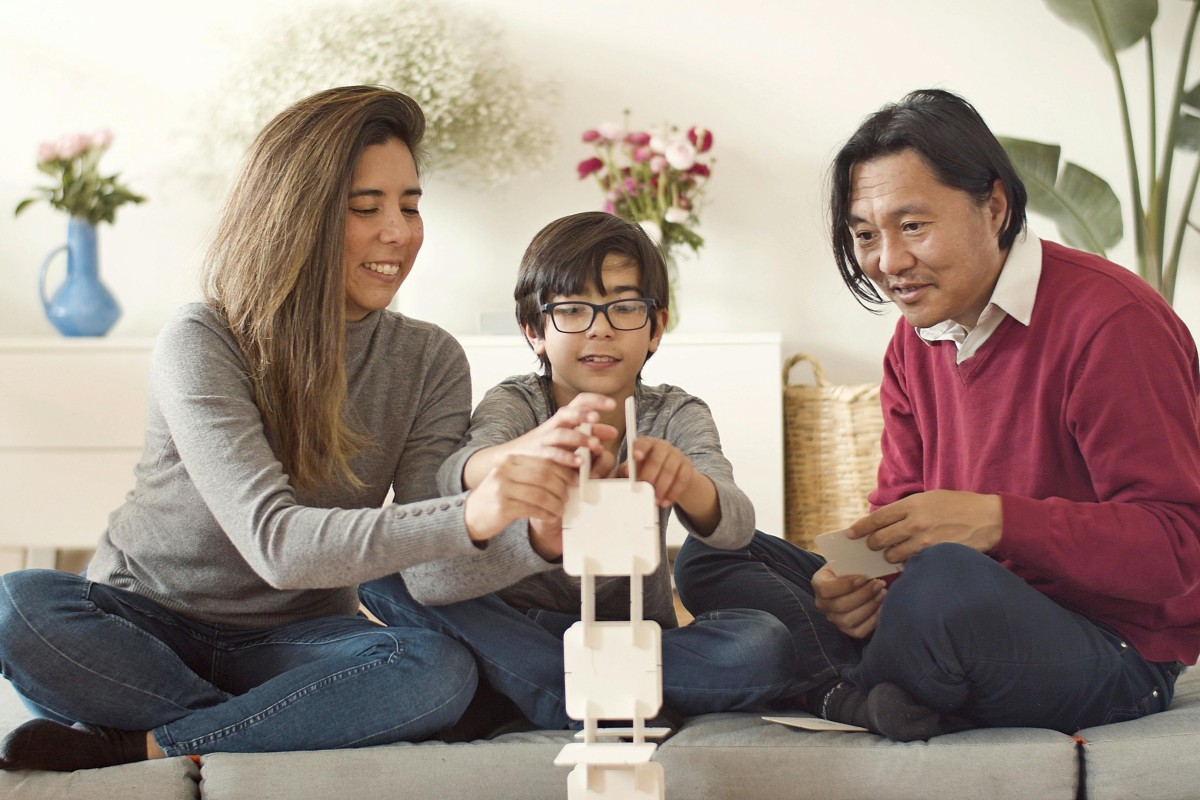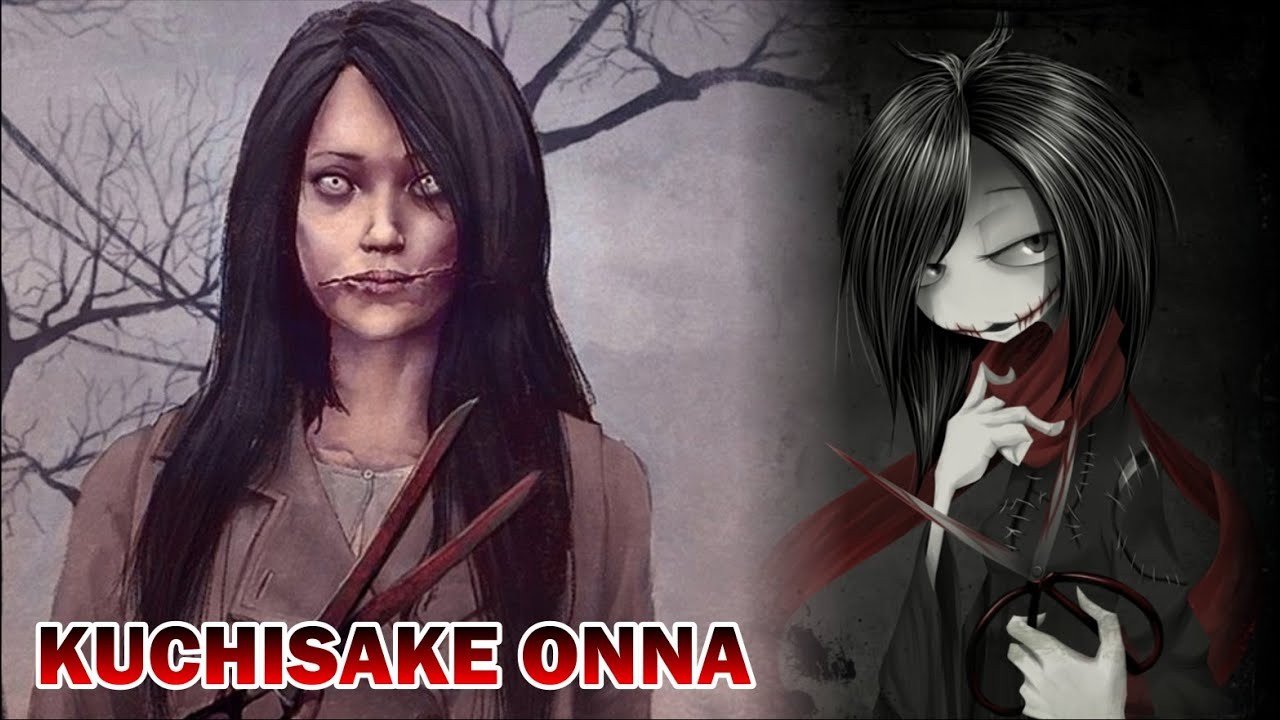The Japanese language has specific words for stepmother and stepfather, but their use can be a little different from Western languages. While in some cultures these words carry a neutral tone, in Japan there are certain cultural nuances that affect the way they are used.
Beyond the literal meaning, understanding how these terms are used in everyday Japanese life helps us to better understand family relationships in Japan. After all, the way they refer to relatives directly influences communication and social interactions in the country.
Table of Content
How do you say Stepmother and Stepfather in Japanese?
In Japanese, the terms for stepmother and stepfather are:
- Madrasta: 継母 (ままはは, mamahaha)
- Padrasto: 継父 (ままちち, mamachichi)
Ambas as palavras utilizam o kanji 継 (けい, kei), que significa "herdar" ou "suceder", indicando que esses pais "sucedem" os biológicos na estrutura familiar. Entretanto, os japoneses raramente usam essas palavras no dia a dia, pois podem soar distantes ou até mesmo frias.
Uso na Conversação
No contexto informal, muitas pessoas preferem evitar mamahaha e mamachichi por parecerem impessoais. Em vez disso, utilizam outras formas mais amigáveis, como:
- Chamamento direto: in many families, stepfathers and stepmothers are called by name or by affectionate terms such as お父さん (otōsan, pai) and お母さん (okāsan, mãe), caso a relação seja próxima.
- Adaptação ao contexto: in formal cases or documents, the terms 義理の母 (giri no haha) and 義理の父 (giri no chichi) can be used, literally meaning “mother/father out of obligation” or “mother/father out of consideration”.

The Perception of Step-Parents in Japan
Family relationships in Japan tend to be more reserved than in some Western cultures. The traditional concept of the Japanese family values blood ties, and this can influence the way stepfathers and stepmothers are viewed.
Cultura e Aceitação
- Distância emocional: como mencionado, termos como mamahaha and mamachichi are not often used, as they can carry a formal or distant tone.
- Influência da mídiaIn Japanese pop culture, stepmothers and stepfathers are not always portrayed in a positive light. Many anime and dramas explore family conflicts when one of the parents remarries.
- Mudança social: Currently, there is greater acceptance of reconstituted families, especially in urban areas, but Japan still maintains a certain conservatism on the subject.
Relação com Contos Tradicionais
As in the West, Japanese fairy tales also portray stepmothers in a negative light. A famous example is “The Boy with the Cut Mouth” (Kuchisake-onna), where a jealous stepmother brands her stepdaughter's face. These stories reinforce stereotypes and help explain why some words related to stepfathers and stepmothers can have a negative connotation.

How to Refer to a Stepfather or Stepmother Respectfully?
If you need to talk about your stepfather or stepmother in Japanese and want to avoid direct terms, some polite alternatives include:
- 義理の父 / 義理の母 (giri's father / giri's mother) – Mais formal, usado em contextos educados.
- お父さん / お母さん (otōsan / okāsan) – Se houver um laço afetivo próximo.
- Nome + さん (-san) – Simple and respectful, without the need for family labels.
Wrapping Up
Embora os termos mamahaha e mamachichi existam no japonês, seu uso não é tão comum no dia a dia devido às implicações culturais. Muitas vezes, as famílias japonesas preferem chamamentos mais neutros ou respeitosos, refletindo a formalidade e a estrutura social do país.
If you're learning Japanese or are curious about the culture, understanding these linguistic subtleties can go a long way towards better interpreting family dynamics in Japan.
